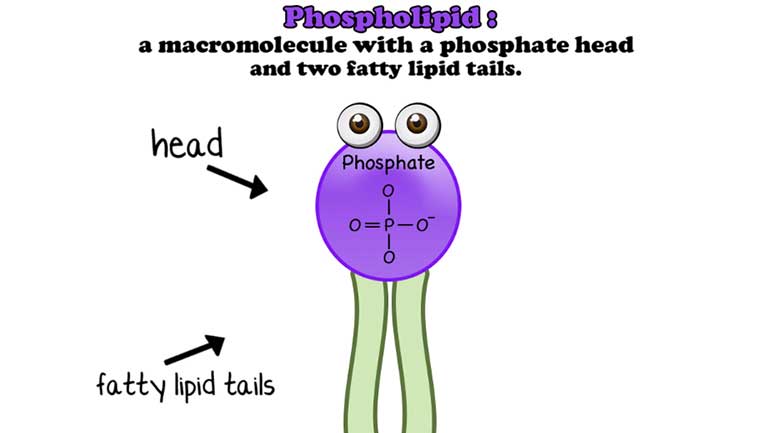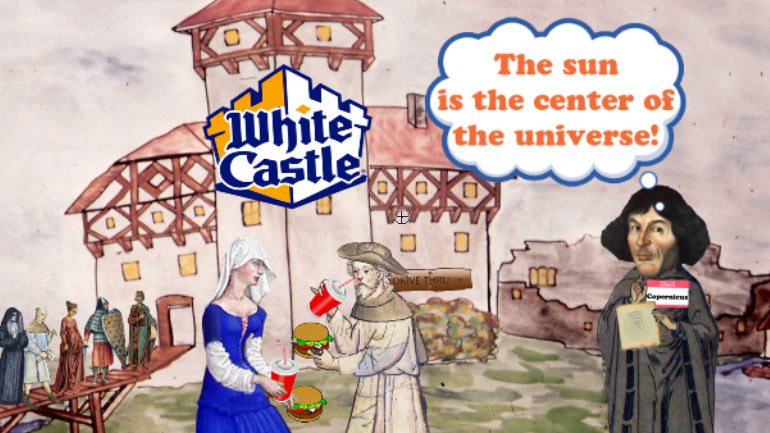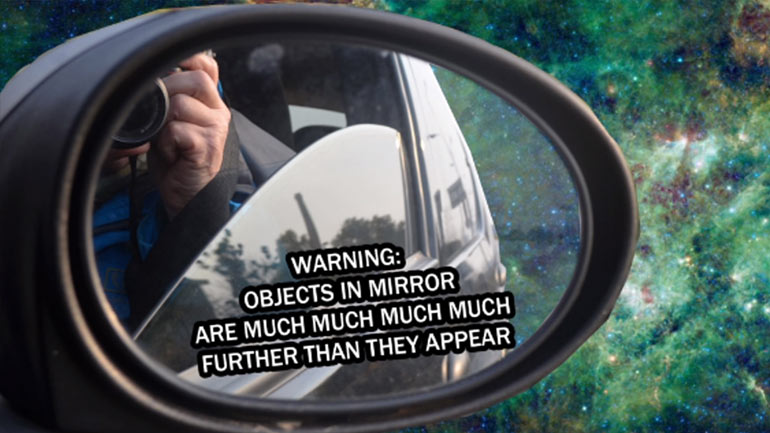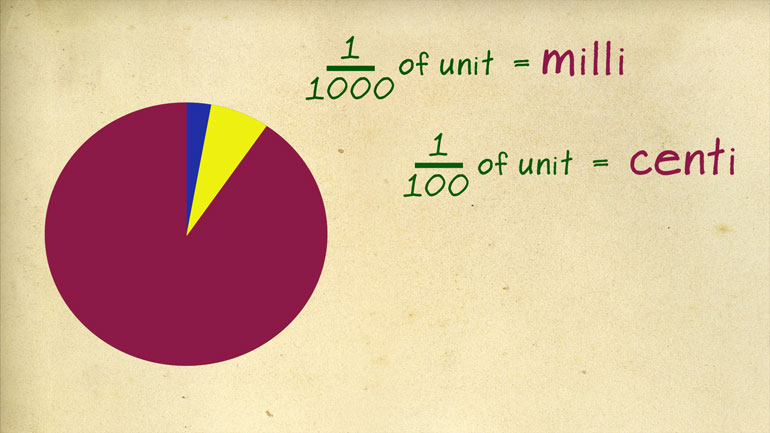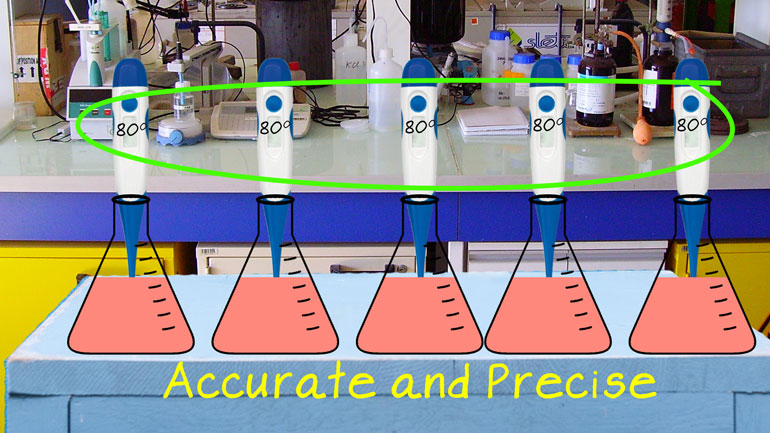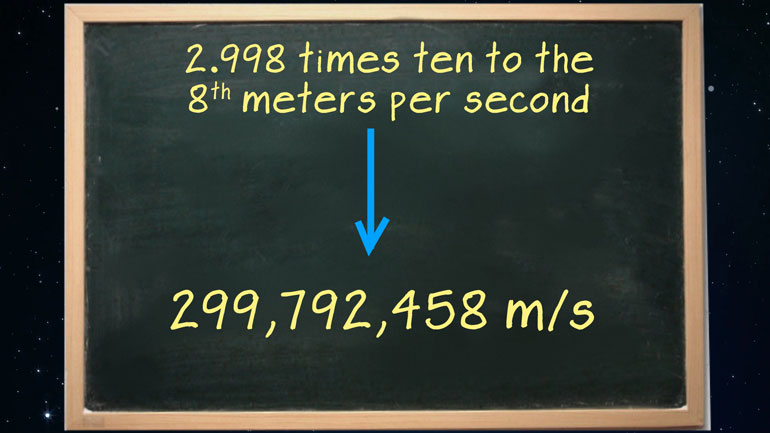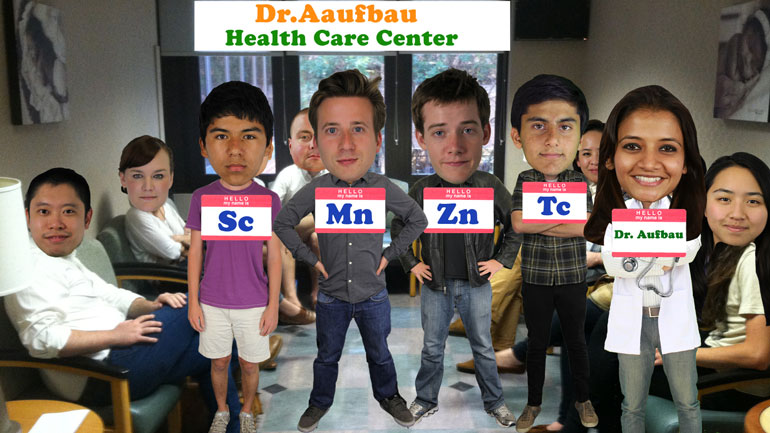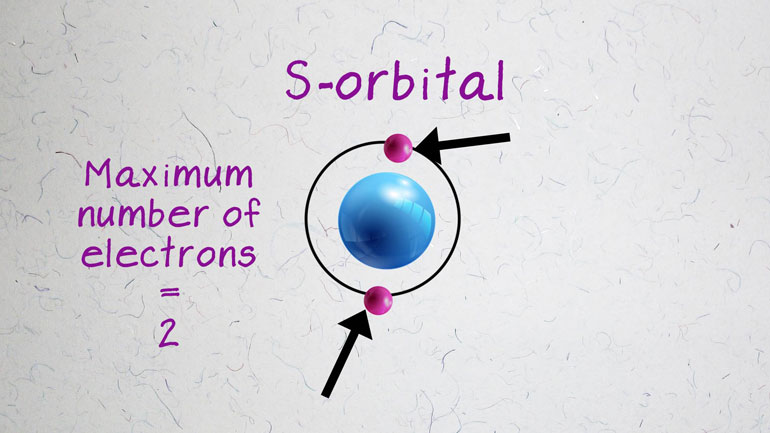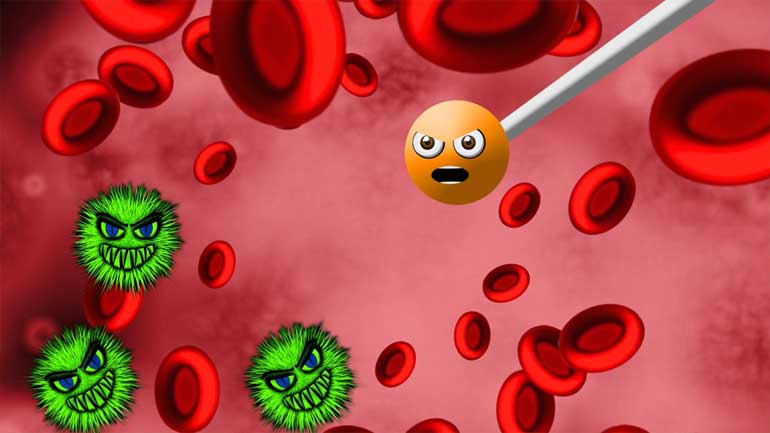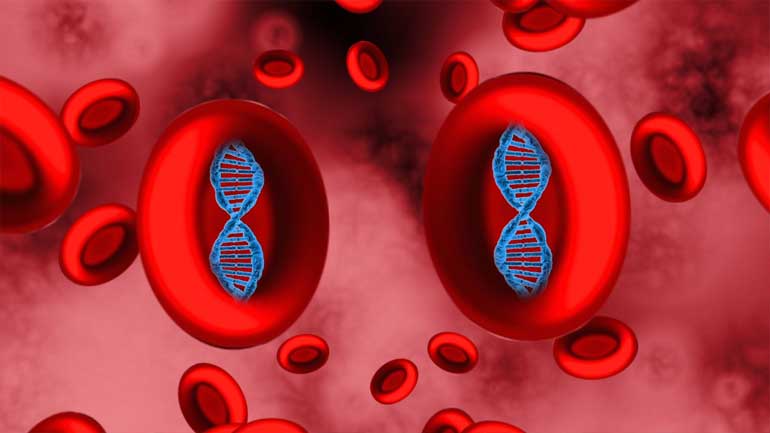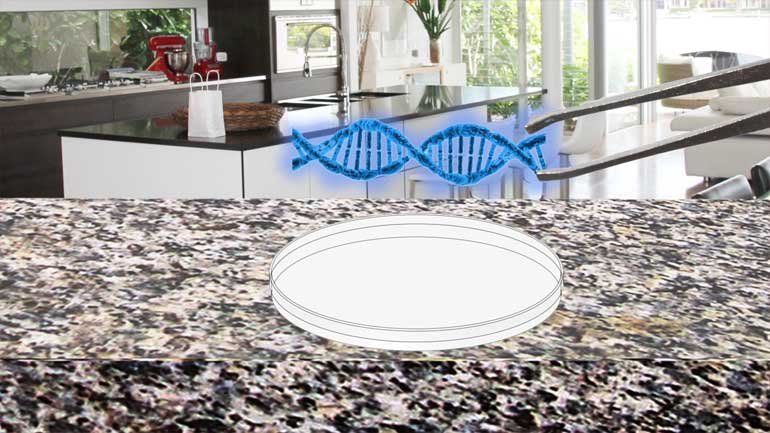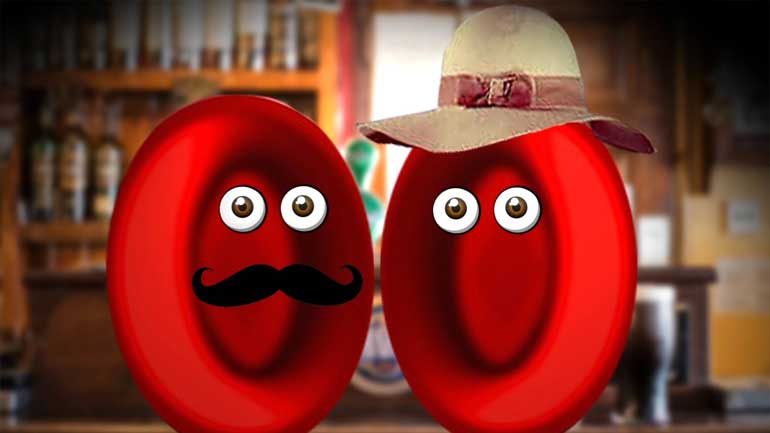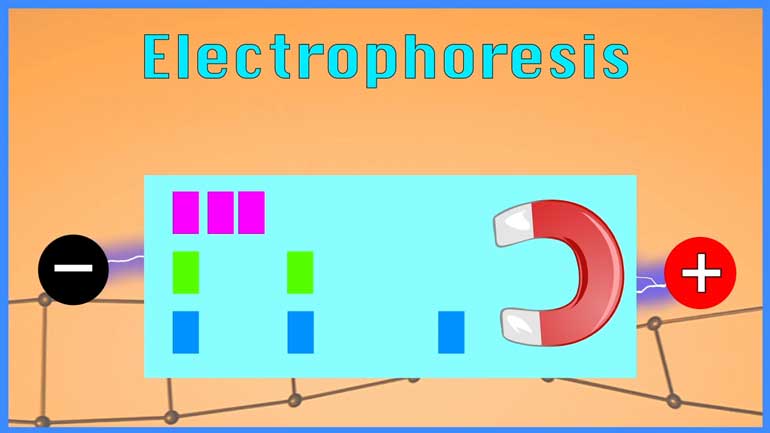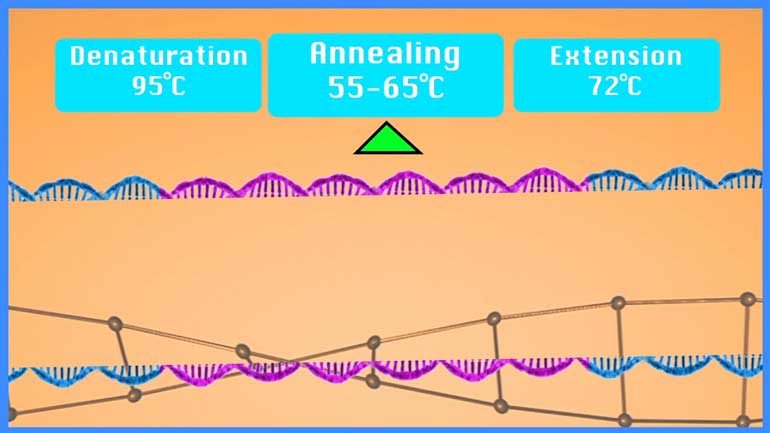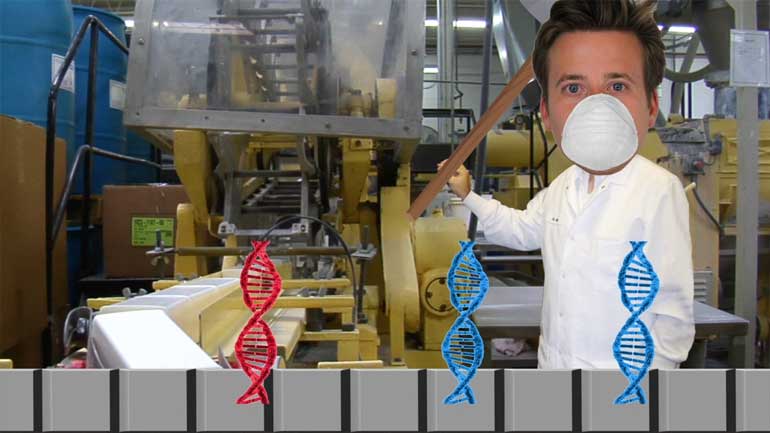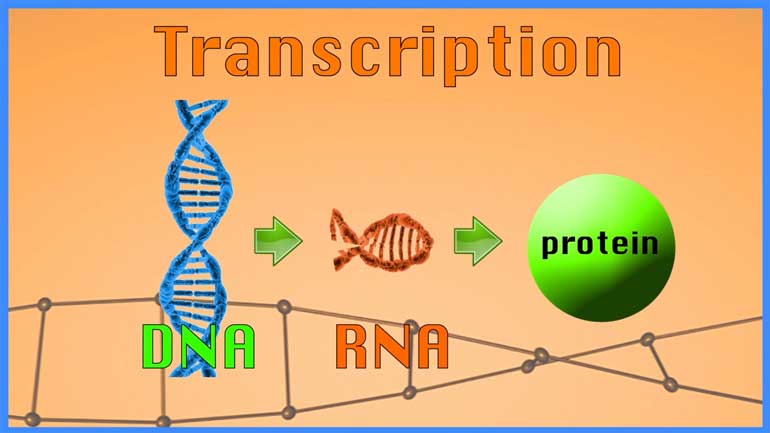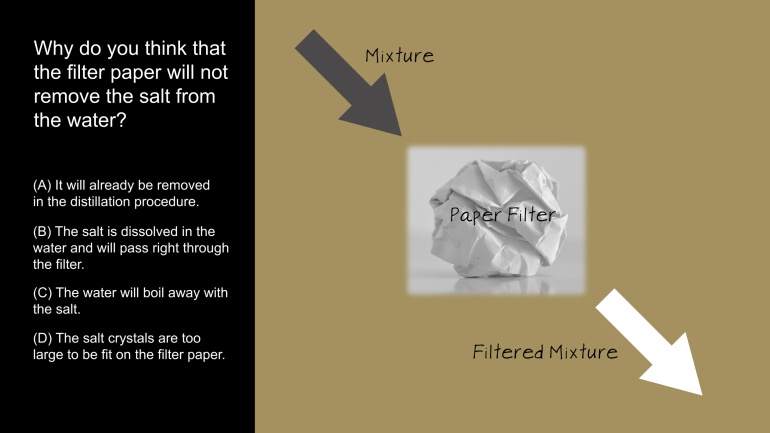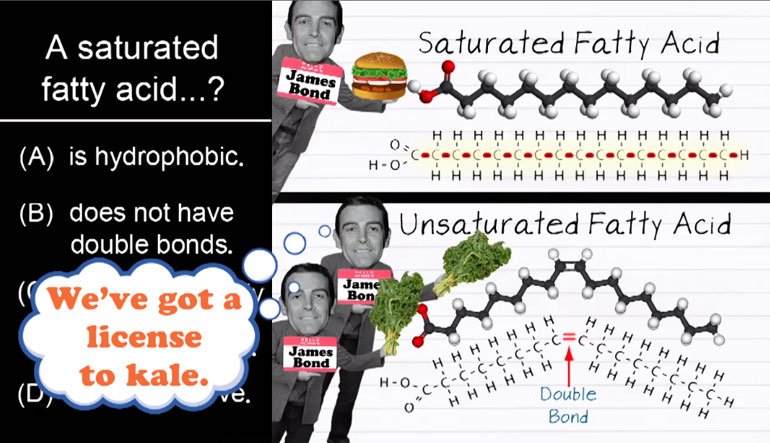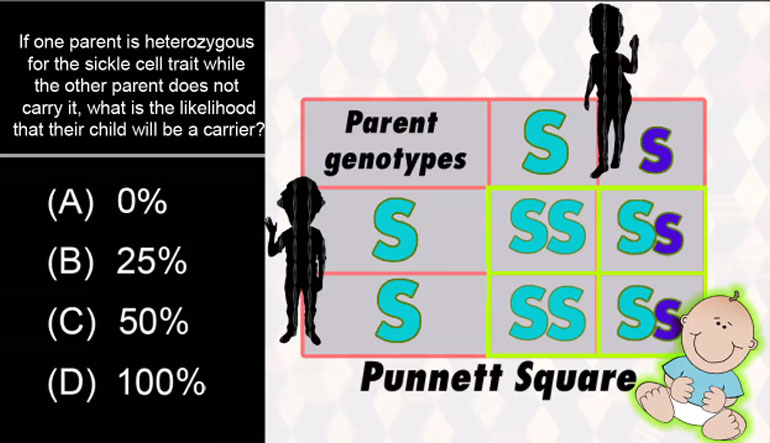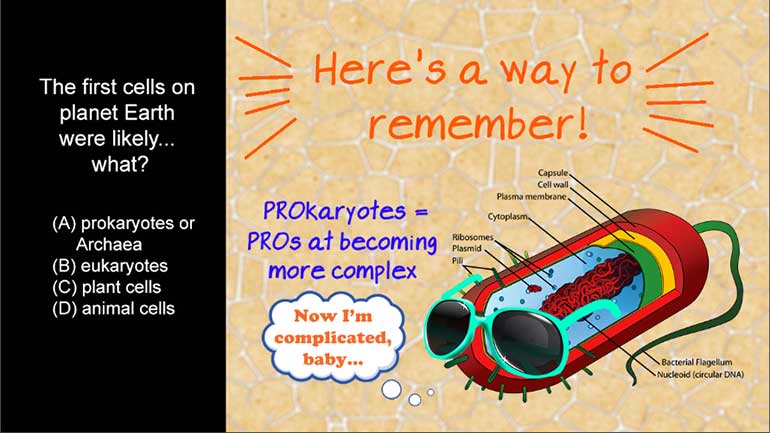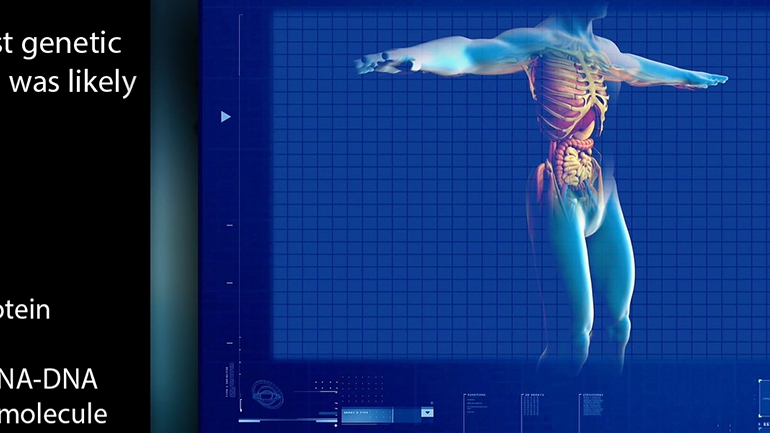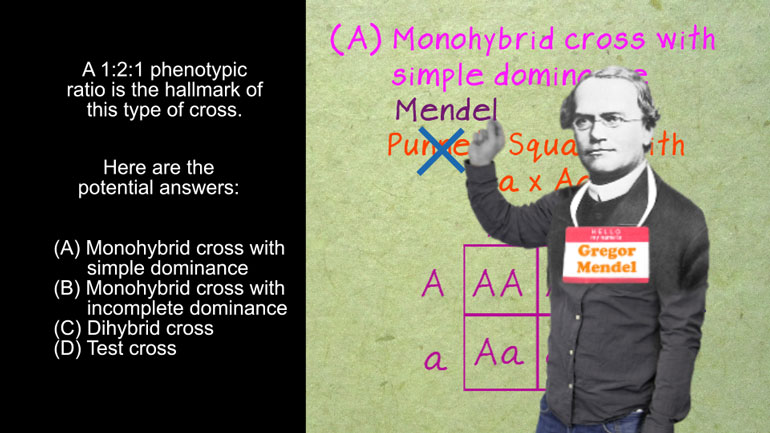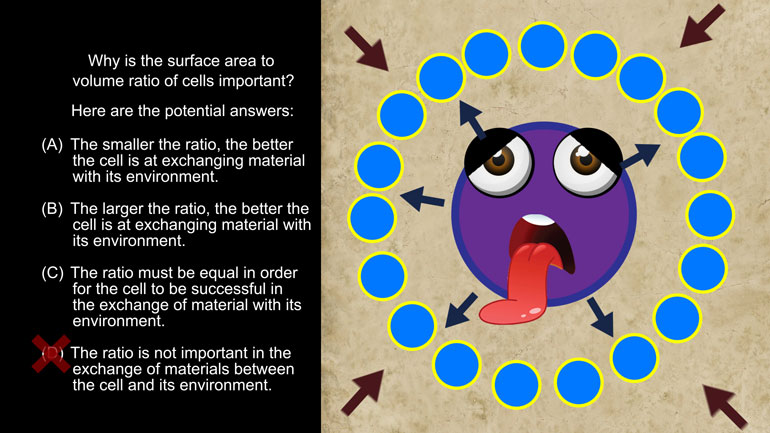ShmoopTube
Where Monty Python meets your 10th grade teacher.
Search Thousands of Shmoop Videos
Science Videos 686 videos
Anything that has a cell (bacteria, listen up!) has phospholipids that keep the cell contained and give it form and shape. Phospholipids protect us...
GMOs. Now that’s a scary word. Or is it? Guess it’s time to ask ourselves: WWMST? ...For those of us who don’t constantly ask ourselves “wh...
AP Biology 4.2 Free Energy and Molecular Building Blocks 14 Views
Share It!
Description:
AP Biology 4.2 Free Energy and Molecular Building Blocks. What is a plant's response to light known as?
Transcript
- 00:04
Here’s your shmoop du jour, brought to you by light…
- 00:06
… the natural phenomenon that ruins your plans to catch some Zs until noon on Saturdays… [Boy in bed as the sun beams on his face]
- 00:12
A plant’s response to light is known as…what?
- 00:15
And here are the potential answers: Okay..Chemotaxis is the ability
- 00:22
of a cell to detect certain chemicals in the environment, like amino acids and sugars. [amino acids and sugars travelling through tissue]
Full Transcript
- 00:28
Bacteria cells, including E-coli, swim toward plant roots like they’re being called home [E-coli cell moving towards a plants roots]
- 00:33
for lunch.
- 00:34
These bacteria are taken up into the roots where they’re used as nutrients.
- 00:38
Sounds yummy.
- 00:40
Sounds like… the wrong answer, too.
- 00:41
Now onto circadian rhythms. [A jamaican band singing on stage]
- 00:43
No, that’s not the newest reggae band to break into the Top 40.
- 00:46
The term actually describes the biological clock of plant life.
- 00:49
i.e. the flower petals closing at nightfall… [A flower petal closing at night time]
- 00:51
…the leaves changing their position after dark…
- 00:54
…and then the neighborhood rabbit eating most of your berries around midnight. [A rabbit eating a blackberry]
- 00:57
OK, that’s not a true example of circadian rhythms, but Answer D isn’t true, either.
- 01:01
So cross out D!
- 01:04
Then there is answer B. Photoperiodism.
- 01:08
Various plants respond differently to seasonal changes in the length of daylight. [Two different plants and a light bulb appears]
- 01:13
Poinsettias and chrysanthemums have a certain… snob appeal toward shorter days.
- 01:17
While lettuce and petunias are examples of plants that “party hearty” when days are [lettuce and petunias at the beach partying]
- 01:22
longer.
- 01:23
That is what photoperiodism is about…proving it is not the correct answer.
- 01:27
Looks like the only one left is C.
- 01:30
Phototropism is a response by plants to light from a particular direction. [A sunflower on the window sill responding to the sunlight]
- 01:34
Ever notice how the leaves on that potted plant your mom has on the windowsill appear
- 01:38
to be get real cozy with the glass?
- 01:41
If you go ahead and turn that plant around 180 degrees… without dropping it… [Man turning a plant pot around]
- 01:45
…come back in a few hours and its leaves will be pointed toward the window again.
- 01:49
Welcome to the world of “tropisms”, and in particular phototropism, the correct answer
- 01:54
to our exercise. [Phototropism circled as the correct answer]
- 01:55
If you got this one right, you may spend some time near your favorite window.
- 01:59
Don’t have too much fun… [Man stood waving by the window]
Related Videos
AP Biology: Biological System Interactions Drill 1, Problem 1. Complete the sentence about a saturated fatty acid.
AP Biology: Essential Life Process Information Drill 1, Problem 1. If one parent is heterozygous for the sickle cell trait while the other par...
AP Biology: Evolution Drives the Diversity and Unity of Life Drill 1, Problem 1. The first cells on planet Earth were likely what?
AP Biology: Free Energy and Molecular Building Blocks Drill 1, Problem 1. Which statement incorrectly describes the properties of water?
AP® Biology: Evolution Drives the Diversity and Unity of Life Drill 1, Problem 2. What was likely the first genetic material?

